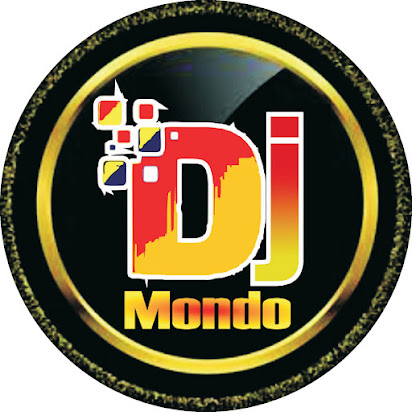How to Build a Personal Brand as a Musician
In the modern music industry, creating a strong personal brand is as crucial as producing great music. Your personal brand helps you stand out, connect with fans, and establish your unique identity in a competitive market. Here’s a comprehensive guide to building a personal brand as a musician:
1. Define Your Unique Identity
Your personal brand starts with understanding who you are as an artist. Consider these aspects:
-
Your Sound: What genre or blend of genres defines your music?
-
Your Story: What’s your journey, and how can it inspire others?
-
Your Visual Aesthetic: How do your album covers, social media posts, and stage outfits reflect your brand?
Action Step: Write a brief mission statement that encapsulates your musical vision and values.
2. Develop a Strong Online Presence
Your online presence is often the first touchpoint for potential fans. Focus on:
-
Social Media: Use platforms like Instagram, TikTok, Twitter, and YouTube to share music snippets, behind-the-scenes content, and live interactions.
-
Professional Website: A personal website serves as your hub for music releases, tour dates, merchandise, and your bio.
-
Streaming Profiles: Optimize profiles on Spotify, Apple Music, and YouTube with professional photos, engaging bios, and consistent branding.
Pro Tip: Use the same profile picture and handle across all platforms for consistency.
3. Craft a Memorable Logo and Visual Style
Visual branding is a critical component of your personal brand. A unique logo, consistent color scheme, and font choices make your brand instantly recognizable.
Example: Look at artists like Travis Scott or Dua Lipa, whose visual styles are as iconic as their music.
Action Step: Invest in a graphic designer or use tools like Canva to create a cohesive visual identity.
4. Share Your Story and Values
Fans connect with authenticity. Share your journey, struggles, and victories. Whether it’s in interviews, social media posts, or lyrics, let people see the real you.
Ideas:
-
Post about the inspiration behind your songs.
-
Share challenges you’ve overcome in your music career.
-
Advocate for causes you’re passionate about.
Example: Lizzo’s body positivity and self-love messaging have strengthened her connection with her audience.
5. Collaborate with Others
Collaborations with other artists can expose your brand to new audiences. Choose collaborations that align with your style and values.
Examples of Collaborations:
-
Featuring on tracks with artists in similar genres.
-
Working with influencers for music promotions.
-
Collaborating with visual artists for album artwork.
Pro Tip: Networking is key—attend events, join online communities, and engage with industry professionals.
6. Engage Actively with Fans
Fan engagement fosters loyalty and helps build your community. Respond to comments, host Q&A sessions, and involve fans in your journey.
Fan Engagement Ideas:
-
Run contests (e.g., remix competitions or fan art challenges).
-
Share user-generated content on your platforms.
-
Offer exclusive behind-the-scenes content through newsletters or Patreon.
Pro Tip: Personalized shoutouts or thank-you messages can make a big impact.
7. Consistency Is Key
Building a personal brand requires consistent effort. From your music releases to your social media activity, maintaining a regular and reliable presence is crucial.
Checklist for Consistency:
-
Post regularly on social media.
-
Release music on a predictable schedule.
-
Use a consistent tone of voice in all your communications.
Pro Tip: Use scheduling tools like Buffer or Hootsuite to manage your content calendar.
8. Create and Sell Merchandise
Merchandise is not just a revenue stream—it’s a way to extend your brand. From T-shirts to vinyl records, merch can help fans feel connected to your brand.
Tips for Merchandising:
-
Align designs with your brand’s visual identity.
-
Offer limited-edition items to create urgency.
-
Use platforms like Shopify or Bandcamp to sell your merch.
9. Leverage Press and Media
Getting featured in blogs, magazines, or on podcasts can boost your credibility and reach. Create a professional press kit that includes:
-
High-quality images.
-
A compelling bio.
-
Links to your music and social media.
-
Contact information.
Pro Tip: Reach out to local press and niche blogs to start.
10. Stay True to Yourself
The most successful personal brands are authentic. While trends can be tempting, staying true to your style and values will help you build a loyal and long-lasting fanbase.
Example: Artists like Billie Eilish have carved their unique paths by staying authentic to their identities.
Conclusion
Building a personal brand as a musician is an ongoing process. It requires a clear vision, consistent effort, and genuine connection with your audience. With the right strategies, your personal brand can become as powerful as your music, helping you stand out in the competitive world of entertainment.
Start today by defining your identity, engaging with your audience, and letting your authentic self shine through every note, post, and interaction. The world is waiting to hear—and see—what you have to offer!
— DjMondo
🎧 Stay tuned to the trends with DjMondo: Follow on Spotify


